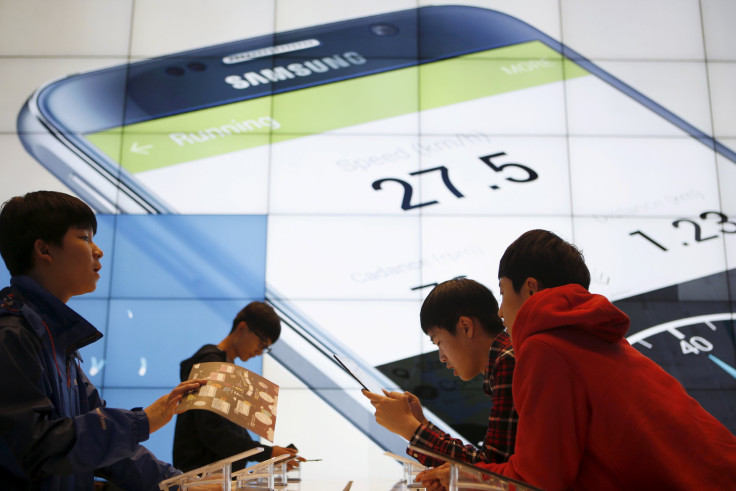Samsung Electronics Replaces Smartphone Communications Business Head In Turnaround Bid

Samsung Electronics Co. Ltd., the biggest smartphone maker in the world, has replaced the head of its mobile business in a turnaround bid after lower-than-expected sales of its Galaxy S6 flagship handset exacerbated challenges for the South Korean conglomerate.
Samsung, which has already lost the top spot in China, the world's biggest market, and faces increasing competition from Apple even at home, elevated Koh Dong Jin -- who helped develop the S6 and the Galaxy Note 5 handsets -- as president of the mobile communications business.
He replaces Shin Jong Kyun, who will continue as president and co-CEO of the electronics business division, of which the smartphones business is the biggest part, Bloomberg reported Tuesday, citing the Samsung Group after its annual management reshuffle.
The move comes at a time when Samsung is heading for its lowest profits in four years. It is also being seen as a test of strength for Vice Chairman Lee Jae Yong, who has become the de facto head of the group after his father, Chairman Lee Kun Hee, suffered a heart attack in 2014, according to the report. At the end of 2014, the son left most executives in their posts in the previous management revamp, concentrating instead on selling unviable businesses such as chemicals and defense, and pushing through the listings of some affiliate businesses.
Shin, who had retained his position at that time, is widely credited with Samsung's previous successes with its Galaxy smartphones, as he helped the company become the world's dominant Android smartphone maker, more than tripling sales to nearly 320 million units in 2014 from about 94 million units in 2011.
After Apple launched its larger screen iPhones -- the iPhone 6 and the iPhone 6 Plus, which have been a runaway success in China -- Samsung was seen to have lost the edge over its Cupertino rival. And with features such as 3D touch, introduced in the iPhone 6S, Apple is seen as consolidating its position in the premium segment with its differentiated software user interface and the experience that the iOS operating system delivers.
On the other hand, Chinese competitors such as Xiaomi, Huawei Technologies, Lenovo and a host of smaller handset makers such as OnePlus, have eaten away at Samsung's lead in the mid- and lower-end price bands, offering similar hardware specifications and superior software features at lower prices. Although Samsung's Galaxy Edge smartphones received an enthusiastic welcome, the company's inability to produce enough of the dual-curved screens hurt supplies. Samsung is reportedly ramping up production and has launched a larger screen-sized version called the Edge Plus.
Samsung's choice of Koh, a hardware engineer, to lead the smartphone communications business wasn't much of a change, one analyst said in a Reuters report, coming as it does at a time when the company needed to boost its software prowess.
© Copyright IBTimes 2025. All rights reserved.





















